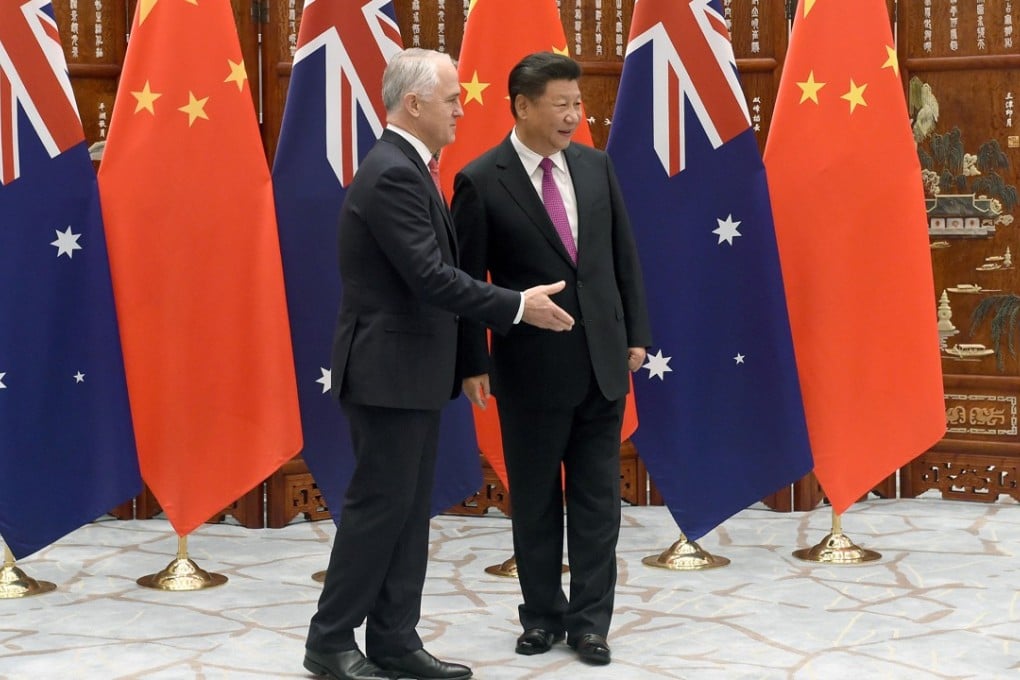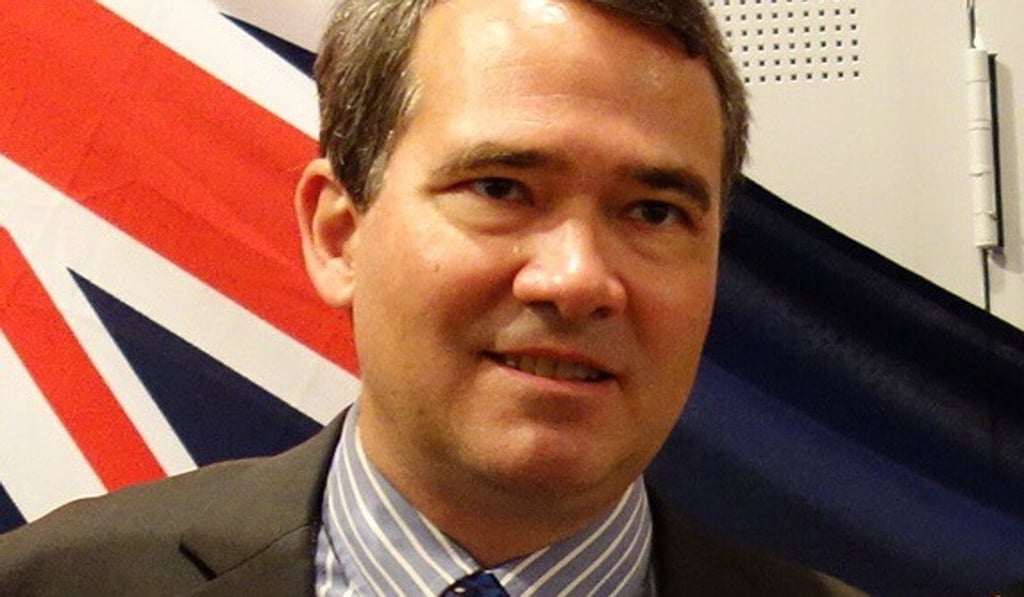What’s the ‘dirty secret’ of Western academics who self-censor work on China?
As concerns grow over Chinese influence in Australia, critics say academics eager to maintain access to the country are increasingly minded to avoid criticising Beijing

But then Leibold found two fellow academics from European universities had suddenly had second thoughts about publishing their work alongside his. A discussion ensued and collectively they decided about a month ago not to submit any of their papers. Leibold’s piece would have to wait. “We had a long conversation. They were concerned they wouldn’t be granted visas to China. It was self-censorship,” said Leibold of La Trobe University. “It’s regrettable this happened.”
Why China hurts itself more than others with censorship
Leibold’s experience highlights an increasing concern in Western academic circles regarding the growing reach of Beijing’s influence abroad. Critics say academics are increasingly censoring themselves to avoid criticising Beijing out of a fear they could lose access to the country. While Beijing’s hand in this process is not always overt, its critics say this is just one way in which China suppresses criticism and exerts its influence abroad.

And their experience is far from unique. Leibold said some researchers in Chinese universities had withdrawn from joint projects with foreign institutions after being warned by authorities that their projects were being monitored. He said some Western academics had become “spooked” during trips to the country when they were stopped by Chinese security agents and asked about their studies. In one case, he said, an academic was told to give the agents a copy of his doctoral dissertation.
What Chinese, Singaporean universities can teach us about academic freedom
“I’m aware of a number of Western-based academics who have shifted the focus of their research away from sensitive topics … due to direct intimidation or the fear of intimidation,” he said.